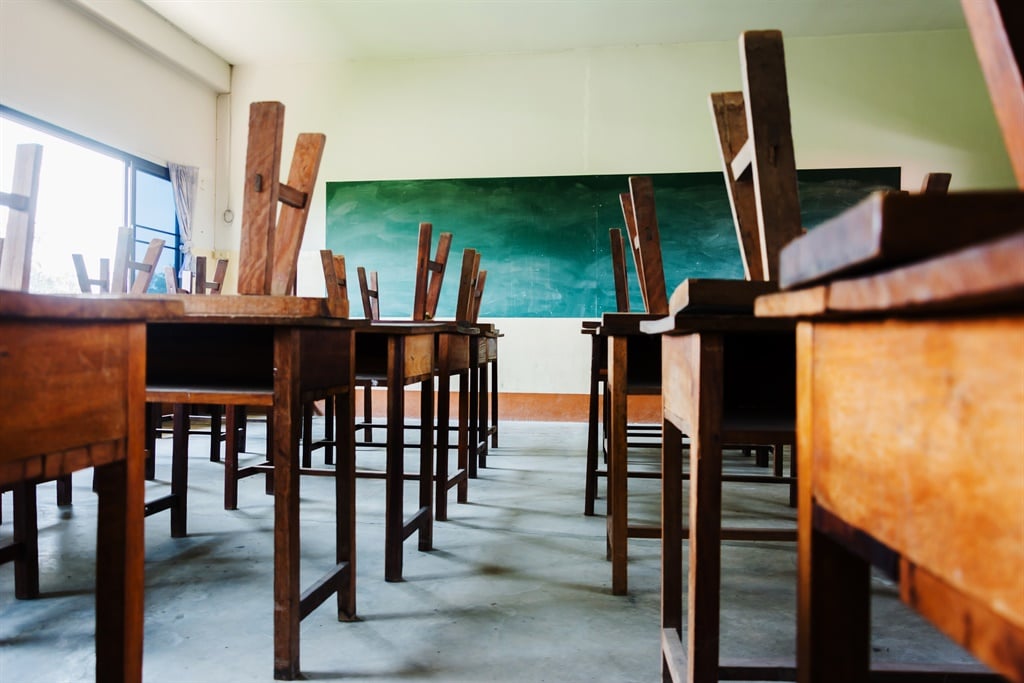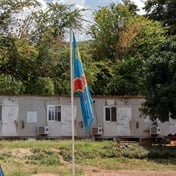
- A four-year study claims to improve capacity in primary school by 53%.
- Children should at most share textbooks in the ratio 1:3.
- Teaching children in their mother tongues has great rewards.
Learning poverty is one of sub-Saharan Africa's biggest challenges but a new study methodology by Nobel Prize winner Professor Michael Kremer claims to improve early pupils' capacity for learning by 53% in underserved African communities.
Numerous research papers by the UN Education and Scientific Organisation (Unesco) and World Bank concluded children in Africa were five times less likely to learn the fundamentals in early education than children elsewhere.
This is coupled with the fact that over the last three decades, the ability of the continent's education system to ensure even rudimentary literacy skills for students has declined in four out of 10 African countries.
Hence, government leaders and educationists recently gathered at the inaugural Transforming Education Summit in New York and were urged to adopt the report titled "Can Education be Standardised? Evidence from Kenya".
That is if sub-Saharan Africa was to improve on its Sustainable Development Goal 4 (SDG 4) to ensure inclusive and equitable quality education and promote lifelong learning opportunities for all.
ALSO READ | Math hysteria: Matrics may have to wait until January for decision on 'impossible' maths question
The report - by Guthrie Gray-Lobe, Anthony Keats, Michael Kremer, Isaac Mbiti and Owen Ozier - is based on a four-year study and is the result of a large-scale randomised control trial, including more than 10 000 students from low socioeconomic backgrounds in sub-Saharan Africa.
The Africa director at New Globe, one of the UN's technical partners in education, Clement Uwajeneza, said world leaders should embrace the new educational strategy without delay.
"Despite the enormous global investment, the 2030 SDG4 education targets will be missed, failing another generation of children. Now is the time to identify and scale effective local solutions already being implemented by governments in the Global South.
He added:
The lead author, Kremer, said the study guaranteed dramatic learning gains.
"This study shows that attending schools delivering highly standardised education has the potential to produce dramatic learning gains at scale, suggesting that policymakers may wish to explore incorporation of standardisation, including standardised lesson plans and teacher feedback and monitoring, in their own systems," he added.
Key findings
Children should always have access to textbooks which are locally produced and tailored to their syllabus.
In most of sub-Saharan Africa, textbooks are scarce and at times, only the teacher has access. But the research suggests at worst, three pupils can share a textbook but there are greater benefits for each pupil to have one.
This was proven in Senegal's "Lecture pour tous project".
Benin has made great strides in this regard by lowering the price of educational materials like textbooks.
Another finding is to "give all children the opportunity to learn to read in the language they understand".
This has proven to be effective in some parts of Mozambique where about 25% of primary school teaching was done bilingually.
The results in those schools were a 15% improvement compared to schools where education was conducted monolingually.
Hunger is a great let-down in Africa.
Across the continent, only 30% of school-going children have access to food. Children are the most affected and this affects their learning capacity.
Rwanda has emerged as a leader in providing meals at schools, covering 40% of all dietary needs of pupils from primary to secondary school.The News24 Africa Desk is supported by the Hanns Seidel Foundation. The stories produced through the Africa Desk and the opinions and statements that may be contained herein do not reflect those of the Hanns Seidel Foundation.




 Publications
Publications
 Partners
Partners






















